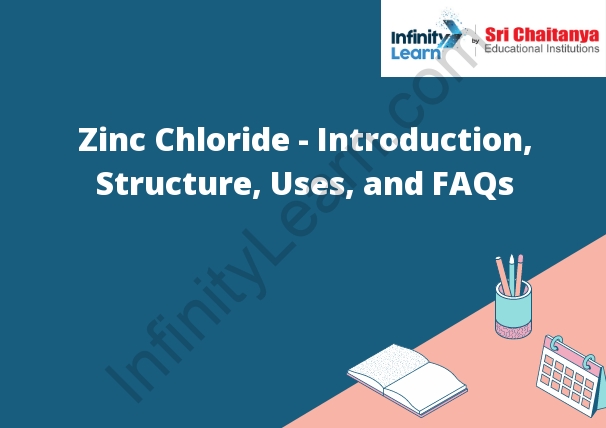Table of Contents
Let’s See the Aftermath of this Union!
The aftermath of this union would be a decrease in production and an increase in prices. The decrease in production would be because the companies would be less efficient due to the fact that they are now merged. The increase in prices would be because the companies would now be able to charge more for their products since they are now a monopoly.
| S.NO | CONTENT |
| 1 | INTRODUCTION |
| 2 | ZINC CHLORIDE STRUCTURE |
| 3 | PHYSICAL PROPERTIES OF CHLORIDE |
| 4 | CHEMICAL PROPERTIES OF CHLORIDE |
| 5 | USES OF ZINC CHLORIDE |
| 6 | ZINC AND ITS DOSES |

Zinc Chloride Structure
zinc chloride is a white crystalline solid that is used in a variety of industries. it is a salt of zinc and chloride and has a molecular formula of zncl2. it is soluble in water and has a melting point of 731 degrees celsius. it is used as a flux in soldering, as a corrosion inhibitor, and in the manufacture of other zinc compounds.
Physical Properties of Zinc Chloride
Zinc chloride is a colorless or white crystalline solid. It is soluble in water and has a slightly pungent odor. It is a Lewis acid and can form a variety of adducts.
Chemical Properties of Zinc Chloride
Zinc chloride is a white crystalline solid that is soluble in water. It is a Lewis acid and can react with bases to form salts. It also reacts with other compounds to form various compounds, including zinc oxide, zinc sulfide, and zinc carbonate.
Preparation of Zinc Chloride
Zinc chloride can be prepared by the reaction of zinc with hydrochloric acid:
Zn(s) + 2HCl(aq) → ZnCl2(aq) + H2(g)
Uses of Zinc Chloride
Zinc chloride is used in a variety of applications, including as a flux in the production of steel and other alloys, as a rust inhibitor, as a deodorant, and as a fire retardant. It is also used in the manufacture of photographic film, in the production of certain pharmaceuticals, and as a component of some cosmetics.
Zinc and Its Doses
Zinc is a mineral that is found in small amounts in the body. It is used in many different processes, including the growth and repair of tissues, making new DNA, and helping the body to use other vitamins and minerals.
Zinc is available as a dietary supplement. The recommended daily intake of zinc is 11 mg for men and 8 mg for women.
For more visit Zinc Oxide – Introduction, Properties, Applications, Uses, and FAQs









